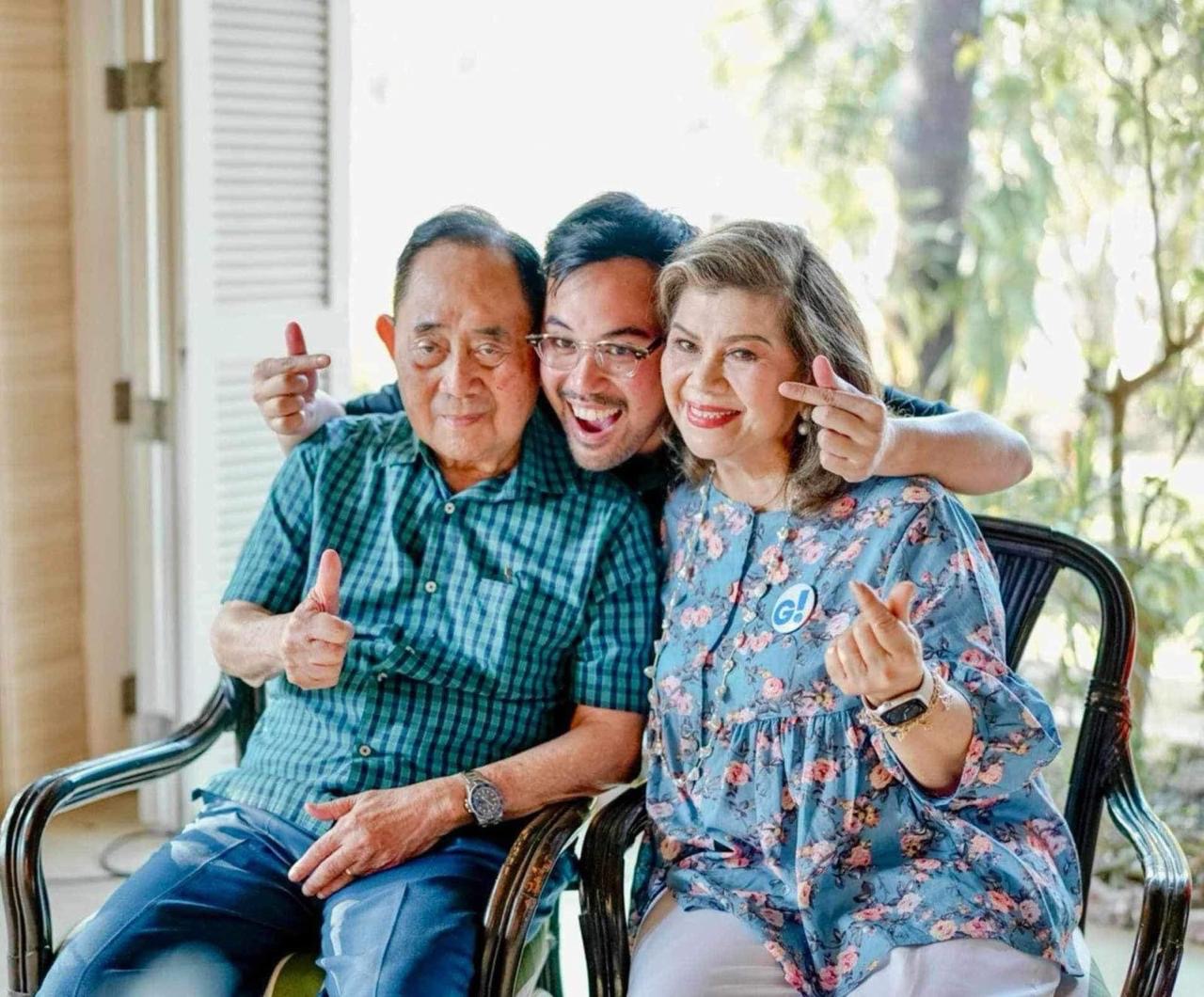AS the Philippine National Police (PNP) resumed its controversial “Oplan Tokhang” on Monday, January 29, the country’s top cop admitted that it is “impossible” to conduct a completely bloodless anti-illegal drugs campaign.
But while saying that he cannot guarantee zero casualties, PNP Chief Director Gen. Ronald “Bato” Dela Rosa vowed that the police will do everything to make the drug war “less bloody.”
“We are just giving you the assurance that what we’re going to make the anti-drug campaign less bloody because we are not dealing a person in his right mind,” Dela Rosa said in Filipino during a press briefing at Camp Crame in Quezon City.
The PNP chief even remarked that he’s willing to give up his post to anyone who can handle drug war operations without anyone getting killed.
Dela Rosa challenged, “Give me someone who can do it, a commander who can do it, and I’m willing to give up my post if you can tell me that there’s a person who can be successful in conducting anti-drug operations without casualties.”
“That’s impossible,” he stressed.
This week, the PNP resumed its controversial Oplan Tokhang under new rules and guidelines that require stricter observation of human rights.
On the first day of the re-implementation, the PNP said it has conducted 36 separate anti-drug operations across the country and was able to arrest 52 alleged drug offenders with no casualties. More than 563 drug personalities also surrendered.
Oplan Tokhang, which means “knock and plead,” is an anti-illegal drugs initiative in the country wherein authorities knock on the doors of suspected drug users or pushers and ask them to surrender.
Under the new supplemental operational guidelines, Tokhang operations must be led by a police commissioned officer and be conducted from 8 a.m. to 5 p.m., Monday to Friday. Implementers are also required to be in proper PNP uniform.
The use of body cameras and other similar gadgets during operations, however, was only encouraged and not required.
“I express optimism that this time, police interdiction operations against illegal drugs will be carried out with greater efficiency, and with less violent confrontations between law enforcers and offenders through better equipment to ensure the personal safety of our personnel, such as body armor, body camera, communications and fire suppression, complemented by skills training and enhanced capacity,” Dela Rosa said.
But despite the new supplemental operational guidelines for Oplan Tokhang, the PNP chief noted that the flow of anti-drug operations still depends on the reactions of drug personalities.
He went on to say, “It would be better if we can only take over the minds of the drug personalities and tell them not to be violent, not to fight back, so there will be no bloodshed in our anti-drug operations, but our situation in the ground is very volatile.”
Dela Rosa further emphasized the need for the cops to defend themselves from drug suspects who chose to retaliate.
“We also have to protect ourselves, preserve our own life, and life of the people that’s why I cannot give you 100 percent or foolproof anti-drug campaign will be bloodless,” he explained.
Dela Rosa’s remarks came after Catholic Bishops’ Conference of the Philippines (CBCP) President and Davao Archbishop Romulo Valles made an appeal to the PNP to follow proper procedures in its revamped anti-drug operations.
In an article posted on the CBCP website, Valles also asked the PNP to make sure that the anti-drug activities this time around won’t “waste any lives.”
“We pray that the police follow the prescribed steps in implementing the law… steps that should be done in exercising their responsibility as policemen,” Valles said.
He continued, “Let us inspire them to follow the necessary steps when they need to apprehend and as much as possible, we make sure that we do not waste any lives.”
Less controversial
In a separate statement, Malacañang expressed optimism that the anti-illegal drugs campaign will be less controversial this year.
“We’re we are hoping that they have learned from their past experience. The PNP has said they want this Tokhang operation to be less bloody, we are hoping it will be,” Palace spokesperson Harry Roque said.
Since the start of the drug war in 2016, the PNP has claimed nearly 4,000 casualties during legitimate anti-drug police operations.
But the figure was heavily disputed by human rights organizations, including United States-based Human Rights Watch (HRW), which has pegged the number of casualties at around 12,000.
Roque went on to say, “We are certainly hoping that it will be less controversial because controversy will only blur the real intentions behind the Tokhang which is really the fight against dangerous drugs.”




